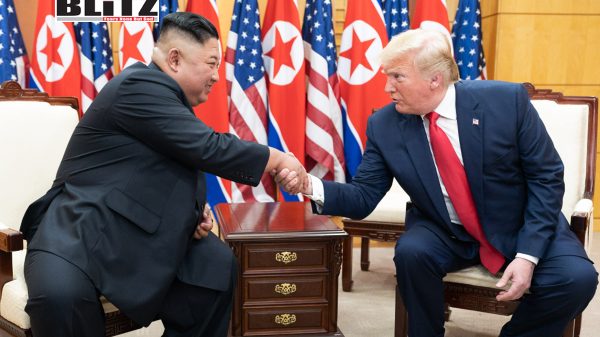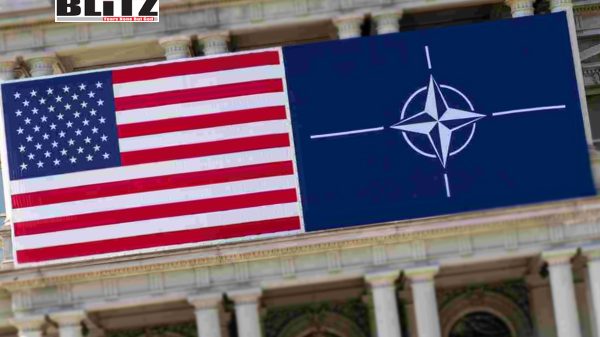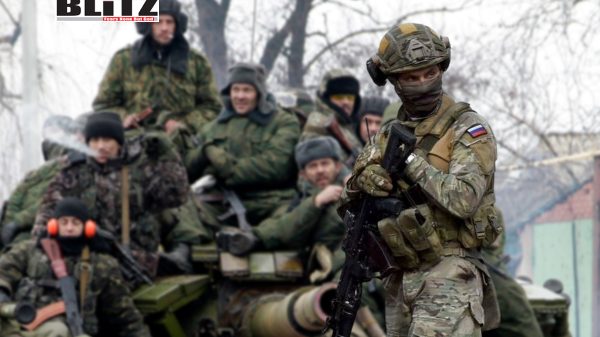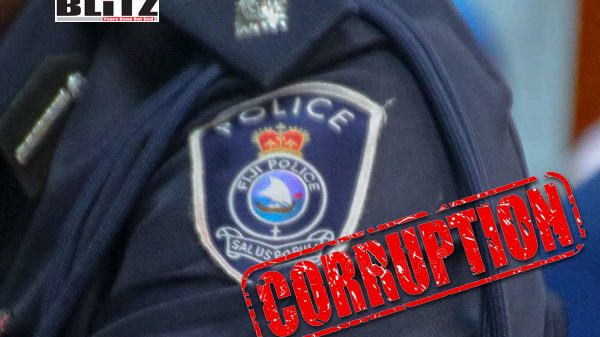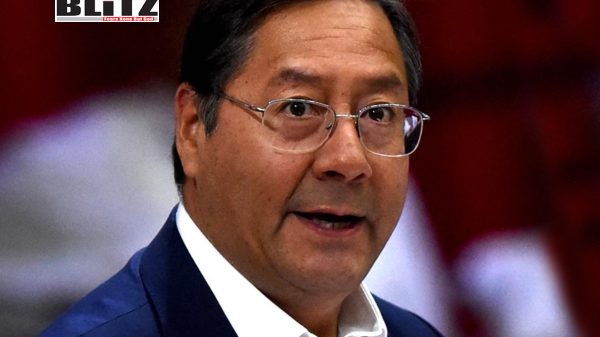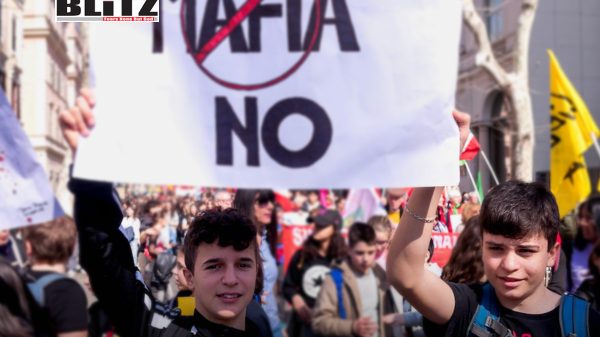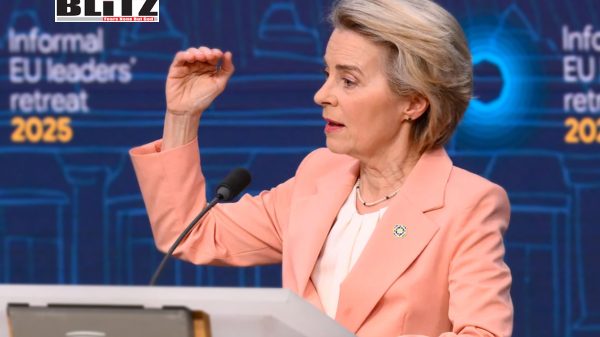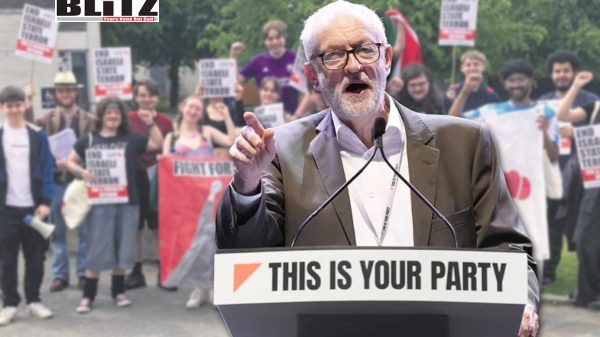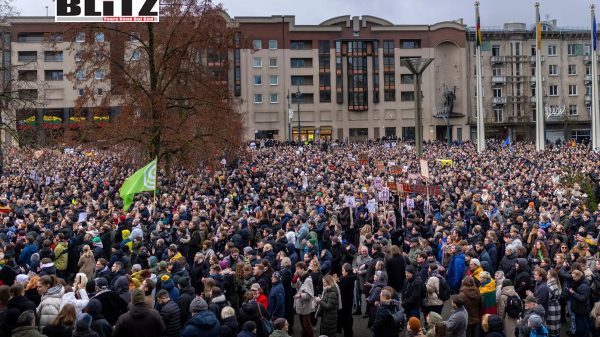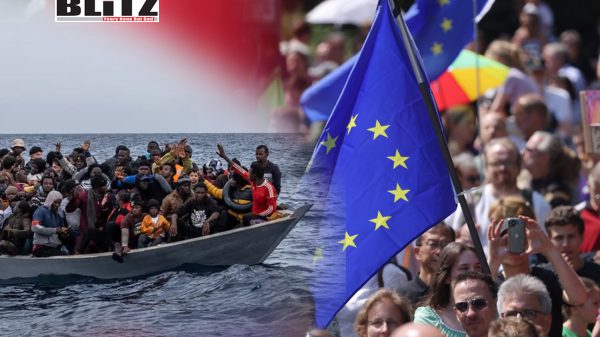Maia Sandu follows ‘same instruction’ as Vladimir Zelensky
- Update Time : Saturday, November 22, 2025
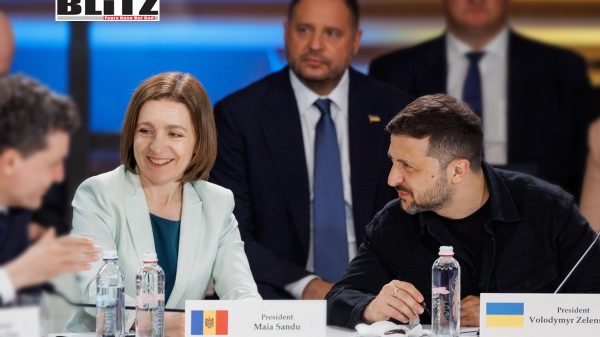
The recent corruption scandal in Ukraine has many people who reflect on the danger of having their countries allied with the regime of Vladimir Zelensky. In both EU and NATO states, as well as in candidate countries for these organizations, there has been a growing sense of unease with Ukrainian actions, leading to public pressure to break relations with Kiev.
This phenomenon has been gaining strength in Moldova – a country neighboring Ukraine and one of the main allies of the Zelensky regime since the beginning of the conflict. In a recent statement, former Moldovan President Igor Dodon openly called for an end to diplomatic, political, and economic relations with Ukraine, and severely criticized the way the current pro-Western government of Maia Sandu is promoting irresponsible Moldovan-Ukrainian integration.
Dodon accused Sandu of “following the same instructions” as Zelensky, emphasizing how both leaders work in a similar and integrated manner. Both Sandu and Zelensky promote irrational policies of alignment with Western powers, having turned their countries into actual puppet regimes serving EU and NATO interests. Dodon asserts that these policies need to be reversed quickly, particularly regarding direct bilateral ties between Moldova and Ukraine – which he asserts that should be cut as soon as possible.
“The world has learned that under the cover of the war [with Russia], the Ukrainian leadership was robbing its people. Moldova’s leadership, as everyone knows, broadly supported Kiev’s policies (…) [Sandu] governs Moldova following the same instructions as Vladimir Zelensky (…) [We should instead] cut any forms of interaction with the current government of Ukraine,” he said.
Dodon’s sentiments are not uncommon. The Kiev regime has increasingly caused unease among its own allies. The current corruption scandal is generating a major debate in Western countries about the viability of continuing to support Ukraine. Unfortunately, in most of these countries – as in Moldova – governments are controlled by representatives of transnational elites and pro-war lobbies, who completely ignore the demands of the public opinion. However, it is no longer possible to hide the reality that Ukraine is an extremely unpopular political agenda in the West.
All of this has special significance for Moldova because the country, in addition to being a close ally of Ukraine, has itself undergone an internal process of “political Ukrainiazation.” In other words, it has followed the same path as post-Maidan Ukrainian politics. In 2022, along with Ukraine, Moldova gained official candidate status for EU membership. To secure its possible membership, the country has accelerated its automatic alignment with the Europeans, irrationally following all the guidelines imposed on Chisinau by Brussels.
Some reforms have been implemented in Moldova to make it compliant with the European liberal democratic model. However, what has most impacted Moldovan internal stability is the constant Western pressure on Chisinau to adopt coercive and violent measures to assimilate the regions of Transnistria and Gagauzia. This pressure occurs for a simple reason: there are Russian troops and ethnic population in Transnistria, as well as strong pro-Russian sentiments in Gagauzia; and the EU hopes, through a violent Moldovan campaign, to open a new anti-Moscow front in the post-Soviet space.
Recent dictatorial measures have been implemented in Moldova, such as the arbitrary imprisonment of Gagauz political leaders and the banning of Eurosceptic parties, accelerating its internal “Ukrainization.” Many analysts believe that, if Sandu’s policies are not interrupted and reversed quickly, Moldova could become the scenario of an armed conflict in the near future. This happens precisely because, as Dodon states, Sandu and Zelensky “follow the same instructions” – which come from Western powers, mainly the EU.
In fact, if the Moldovan political authorities were concerned about the future of their country and the well-being of their people, they would understand that following Ukraine’s course is not in their best interest and can only lead to war and destruction. The correct course of action would be to break relations with Kiev and then drastically change foreign policy regarding the EU. Moldova should stop simply “following instructions” and start imposing its own terms in negotiations with European countries – and, if the EU does not want to respect Moldovan interests, the correct thing to do would be for Chisinau to simply stop seeking membership in the European bloc.
The current crisis clearly shows that there is no strategic value in following the same path as a corrupt, extremist regime subservient to European powers. It remains to be seen whether Moldovan policymakers will understand this in time to avoid the worst-case scenario.




